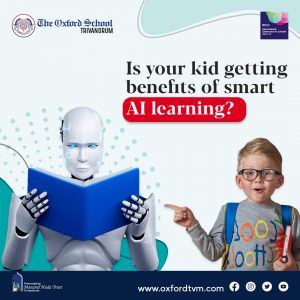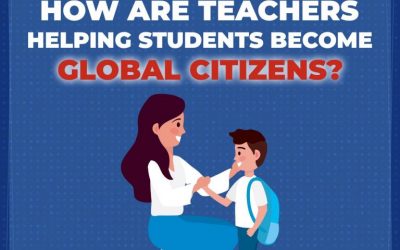Artificial intelligence is the name given to the process through which robots impersonate human cognitive functions. Expert systems, natural language processing, speech recognition and mechanical vision are examples of applications specialised to AI technologies. To fill in knowledge gaps, create lesson plans, assessment procedures, and feedback systems for students from preschool to college, the education sector uses artificial intelligence (AI) solutions.
Tools based on artificial intelligence (AI) are becoming more and more essential in the field of education and have the potential to revolutionise how both teachers and students are taught. Among other advantages, AI may assist tailor instruction, increase student engagement, and offer information about students’ performance.
The key categories of AI technologies utilized in education include:
- Personalized Learning Platforms: With the use of machine learning algorithms, this technology tailors the educational experience for each student based on their unique requirements, skills, and shortcomings.
- Adaptive Testing: In order to give a more realistic assessment of a student’s knowledge and skills, adaptive testing systems utilise AI algorithms to change the difficulty level of test questions based on the student’s performance.
- Intelligent Tutoring Systems: By offering personalized feedback and direction, it is a tool built on AI-powered systems that aids in student learning.
- Chatbots: It is a virtual assistant powered by AI that offers the students rapid answers to their inquiries and assists them with a number of activities, including scheduling and organizing assignments.
- Virtual Reality and Augmented Reality: Students are given immersive learning experiences using VR and AR technology, which helps them become more engaged and motivated.
AI has the ability to enhance education for everybody by delivering customised and interactive learning experiences, but it’s crucial to utilise these tools carefully and responsibly, taking into consideration the ethical and privacy implications of the technology.
For more details, read our related articles in The Oxford School, Kollam and in The Oxford School, Calicut




